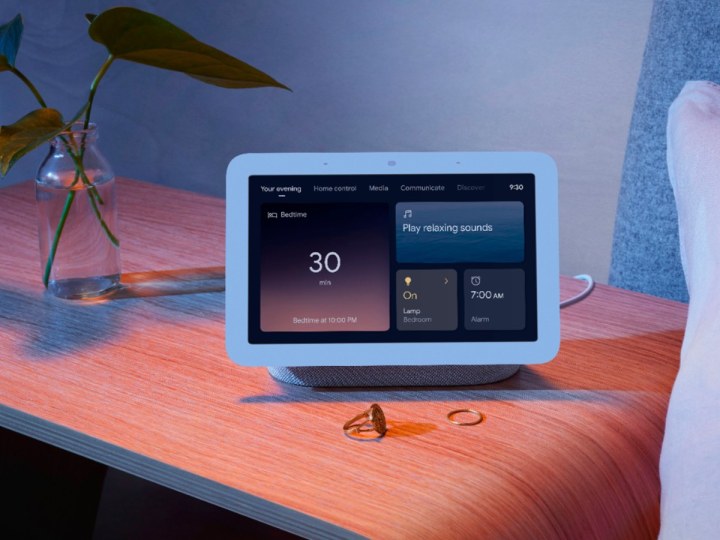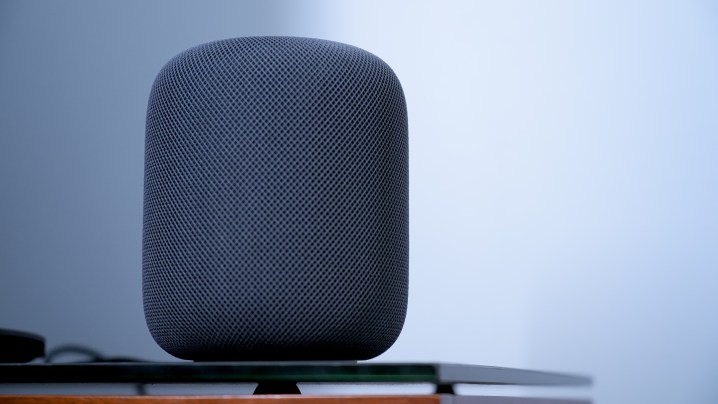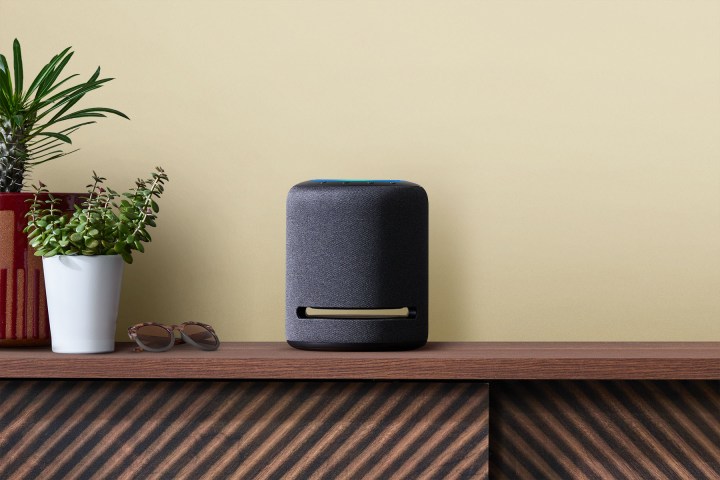The smart home market is arguably the strongest it’s ever been. Apple recently reintroduced the HomePod to rave reviews, Roborock is gearing up to launch its new lineup of powerful robot vacuums, and nearly half of U.S. households interact with a smart home gadget every month. That’s an impressive number, and it’s an increase from 2022 — meaning the market is trending in the right direction, and folks seem to be buying into the dream of an interconnected household.
This incredible market saturation means it’ll take a long time for the smart home market to completely vanish — and its death probably isn’t going to happen this year (or anytime soon). But the rest of 2023 will be an interesting year for the smart home industry, as Amazon and Google have run into financial issues with their smart home offerings, while Apple finally seems to be gaining momentum.
Money trouble at Amazon and Google

Last November, it was reported that Alexa and its related devices were estimated to bring Amazon a hefty $10 billion in losses. It’s a similar story for Google, which has reorganized its Google Assistant division to streamline its performance and prioritize the development of Bard — Google’s entry in the AI arena. Even more interesting, Google hasn’t released a new piece of “smart home” hardware in almost two years.
It’s possible that Bard will somehow play a larger role in Google’s smart home plans, but right now things are a bit murky. Google has a history of pulling the plug on projects if they start to go south (Stadia is just the latest example), and it’s highly unlikely Amazon will sit on its laurels as Alexa continues to lose the company cash.
How exactly that will play out in 2023 is unclear. What is clear, however, is that both Google and Amazon, two of the biggest players in the smart home market, are running into trouble and might need to pull back their smart home output until they develop a profitable plan.
Amazon did, however, reach out to Digital Trends to reaffirm the important role Alexa plays at the company.
“Any speculation that we’re less committed to Alexa and smart home is outright false,” said an Amazon spokesperson. “Alexa changed the way people interact with their homes. Today, there are more than 300 million smart home devices connected to Alexa and smart home engagement is up more than 30% in the last year. There’s plenty more invention to come.”
Unfortunately, no specific details about these future plans were divulged — but here’s hoping some big news is planned to put Alexa fans at ease.
Apple surges to the front of the pack

HomeKit is currently one of the least appealing smart home ecosystems on the market. That’s not to say it’s bad — in fact, HomeKit is remarkably easy to use. But because Apple likes to keep control of its platforms, HomeKit doesn’t support nearly as many products as Google Home or Amazon Alexa. Finding a smart lock, smart thermostat, smart bulbs, and smart plugs that work with Google Assistant or Amazon Alexa is simple, but doing the same for HomeKit is nothing short of a headache.
All of that could be changing in 2023, as the newly released HomePod is one of the best smart speakers on the market and offers full support for Matter. And since the interoperability platform is expected to see significant growth this year, HomeKit should slowly gain support for more products.
Apple also seems to be working on its first smart display, which would offer stiff competition for both Google and Amazon. Details are scarce about the product, but like everything Apple designs, expect it to be premium and packed with high-end features.
So while Google and Amazon are pulling back their smart home aspirations, Apple seems to be just getting started.
A restructured smart home marketplace

However you slice it, 2023 has some big changes in store for your smart home. Whether this means reduced support from Google and Amazon, the emergence of Apple as a smart home powerhouse, or some combination of the two is up for debate. The smart home market isn’t going anywhere anytime soon, but a renewed focus on the profitable portions seems to be in the cards.
This could result in higher price tags, fewer products to choose from, or even the loss of voice controls on some devices — which requires costly servers and sees little monetary return for their manufacturers. Reports also indicate that Google Assistant won’t see as much investment in third-party products, which could restrict the number of devices that support the platform. Rolling AI technology like Bard into Google Assistant might give the platform a new layer of versatility, but right now it’s unclear if that’s what we should expect to see happen in the coming months (or at all).
With nearly half of U.S. households invested in smart home gadgets, there’s clearly money to be made in this space. It’s hard to beat the convenience of an interconnected home, and it’ll be interesting to see which companies make a push for your living room and which ones make an early exit throughout 2023.



